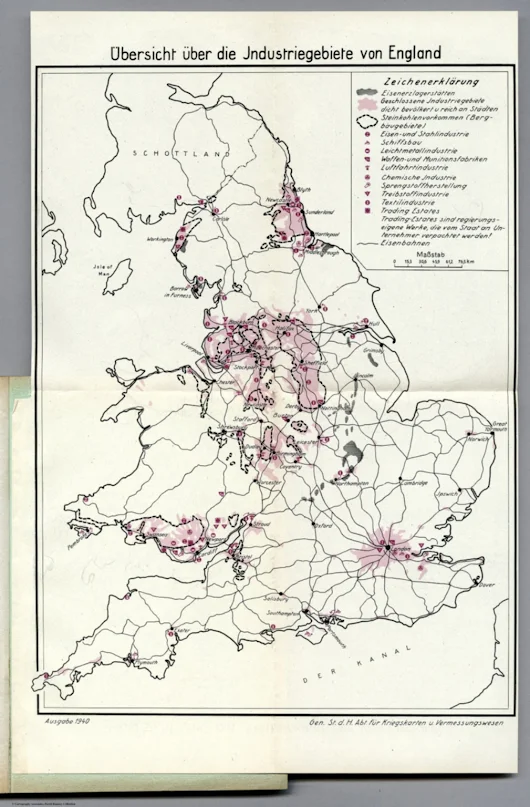The Report offered three guiding principles to its recommendations:
- Proposals for the future should not be limited by "sectional interests". A "revolutionary moment in the world's history is a time for revolutions, not for patching".
- Social insurance is only one part of a "comprehensive policy of social progress". The five giants on the road to reconstruction were Want, Disease, Ignorance, Squalor and Idleness.
- Policies of social security "must be achieved by co-operation between the State and the individual", with the state securing the service and contributions. The state "should not stifle incentive, opportunity, responsibility; in establishing a national minimum, it should leave room and encouragement for voluntary action by each individual to provide more than that minimum for himself and his family".
Beveridge was opposed to "means-tested" benefits. His proposal was for a flat rate universal contribution in exchange for a flat rate universal benefit. Means-testing was intended to play a tiny part because it created high marginal tax rates for the poor (the "poverty trap").



